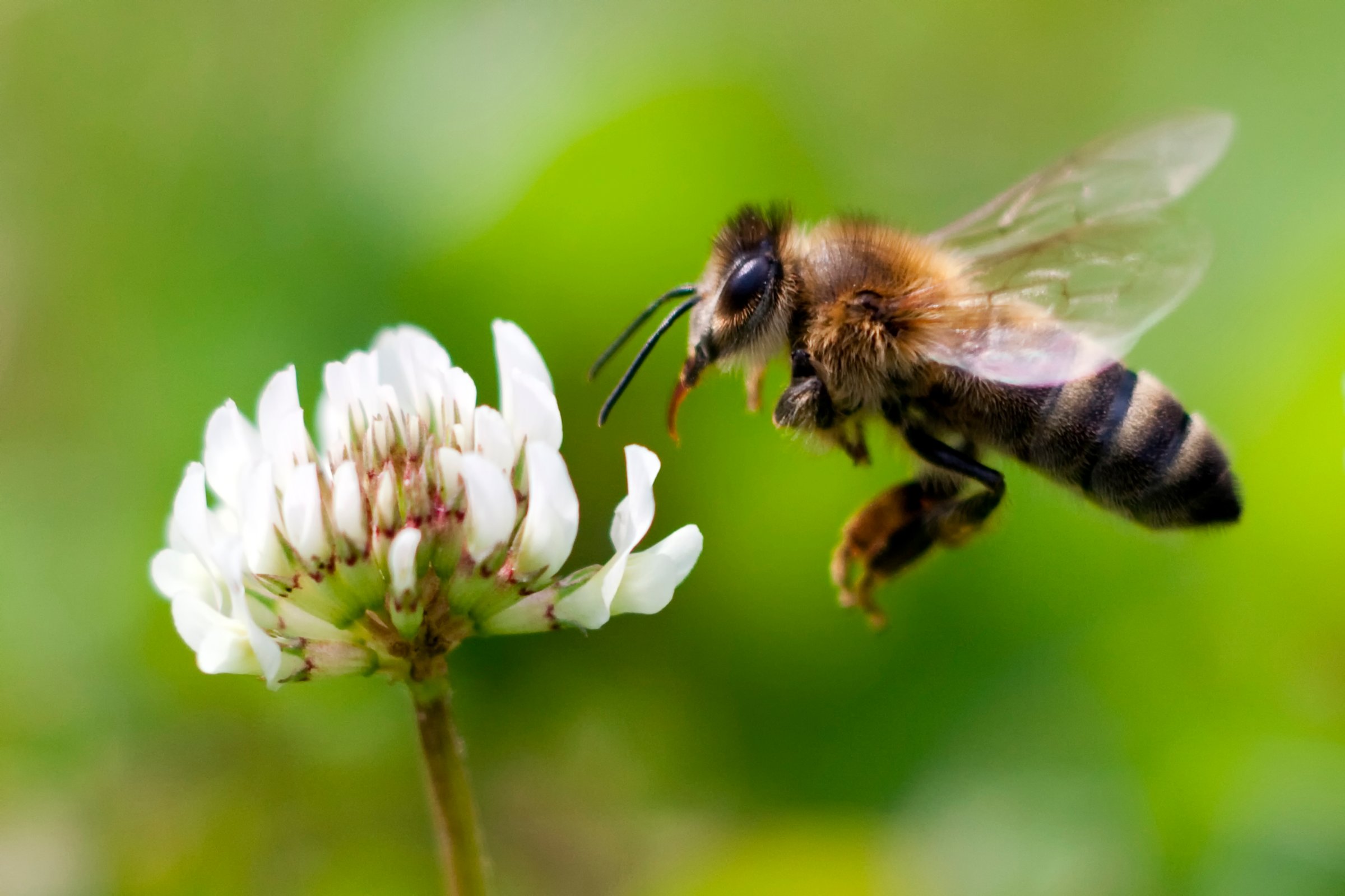
About three-fourths of honey from around the world contains some pesticides, according to a study published in Science Friday.
The study found that 75% of honey samples collected from nearly 200 sites across the globe contained at least one of five kinds of pesticides called neonicotinoids. Researchers tested 198 samples of honey from every continent, excluding Antarctica, and found that 45% of the samples contained two or more of the compounds that make up the pesticide and that 10% had at least four or five compounds.
“Our results confirm the exposure of bees to neonicotinoids in their food throughout the world,” researchers wrote. “The coexistence of neonicotinoids and other pesticides may increase harm to pollinators.”
Previous studies have found that neonicotinoids, which are a common type of insecticide, can impair the brain function of bees and slow down the growth of their colonies. The recent findings in Science suggest that bees throughout the world are exposed to neonicotinoids at a massive scale. Of the honey sampled, North America had the highest proportion of samples that had neonicotinoids at 86%, followed by Asia at 80% and Europe at 79%.
More Must-Reads from TIME
- Cybersecurity Experts Are Sounding the Alarm on DOGE
- Meet the 2025 Women of the Year
- The Harsh Truth About Disability Inclusion
- Why Do More Young Adults Have Cancer?
- Colman Domingo Leads With Radical Love
- How to Get Better at Doing Things Alone
- Michelle Zauner Stares Down the Darkness
Write to Mahita Gajanan at mahita.gajanan@time.com